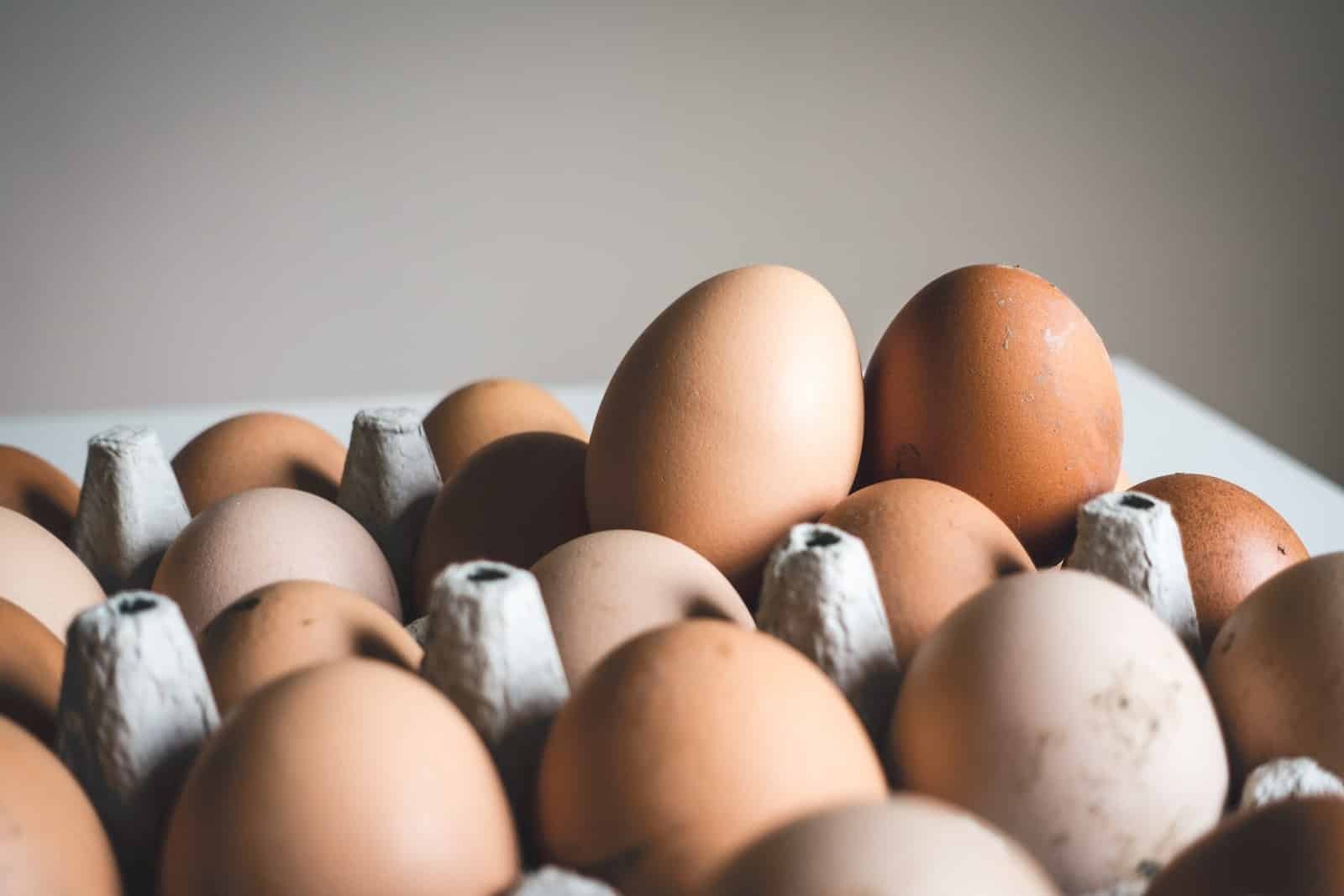We’ve all been there – you open the fridge, and there’s that carton of eggs casually sitting there. You know you bought them… well, at some point, but how long ago? And more importantly, are they still safe to eat?
Don’t worry; I’ve got you covered with all the egg-spert advice you need to keep your family safe and your meals delicious. So, let’s get cracking!
Eggs have a pretty decent shelf life compared to many other perishable foods, but there are some key points you need to know to make sure you’re handling them correctly.
When you buy eggs from the store, they usually come with a “Sell By” or “Use By” date. This can be a helpful guideline, but it’s not the end-all-be-all for egg safety. According to the USDA, eggs can be safe to eat for 3 to 5 weeks beyond the date stamped on the carton.
But why such a long shelf life? Well, it all comes down to the egg’s natural defenses. Eggs have protective layers that keep bacteria at bay. When you get them home, keeping them refrigerated is crucial. This slows down any potential bacterial growth and preserves those natural defenses.
Now, I’m sure you’re wondering about the best way to store them. Should you keep them in the carton? What about those fancy fridge door egg holders? Here’s the scoop – always store your eggs in their original carton on a shelf in the fridge, not in the door. The door’s temperature fluctuates too much, which can lead to spoilage.
How can you tell if an egg has gone bad? Trust me, your nose will know. A rotten egg has a very distinct, unpleasant smell. If you crack an egg open and your senses are assaulted by a foul odor, it’s time to say goodbye.
But there’s also a neat trick you can do with water to test an egg’s freshness. Place your egg in a bowl of water. Fresh eggs will sink and lie flat on their sides. If an egg stands upright on the bottom, it’s still safe to eat, but it’s not quite as fresh. And if it floats? That’s an egg that’s better suited for the compost bin rather than your breakfast plate.
Let’s talk about refrigeration. In the United States, it’s standard practice to refrigerate eggs. This is because the cleaning process used in American egg production strips the egg of its protective bloom, making refrigeration necessary to prevent bacterial contamination, particularly from Salmonella.
According to the CDC, Salmonella can make people sick, and it’s one of the reasons why proper egg storage and handling are so important. They recommend keeping your fridge at or below 40°F (4°C) and cooking eggs until both the yolk and white are firm.
Now, what about using those eggs? Lots of recipes call for raw eggs – think Caesar dressing or homemade mayonnaise. To enjoy these dishes safely, consider purchasing pasteurized eggs. These eggs have been heat-treated to kill off bacteria without actually cooking the egg, making them safe for recipes that require uncooked eggs.
And remember, it’s not just about how you store eggs, but also how you handle them. Always wash your hands with soap and water before and after handling eggs to prevent the spread of bacteria.


